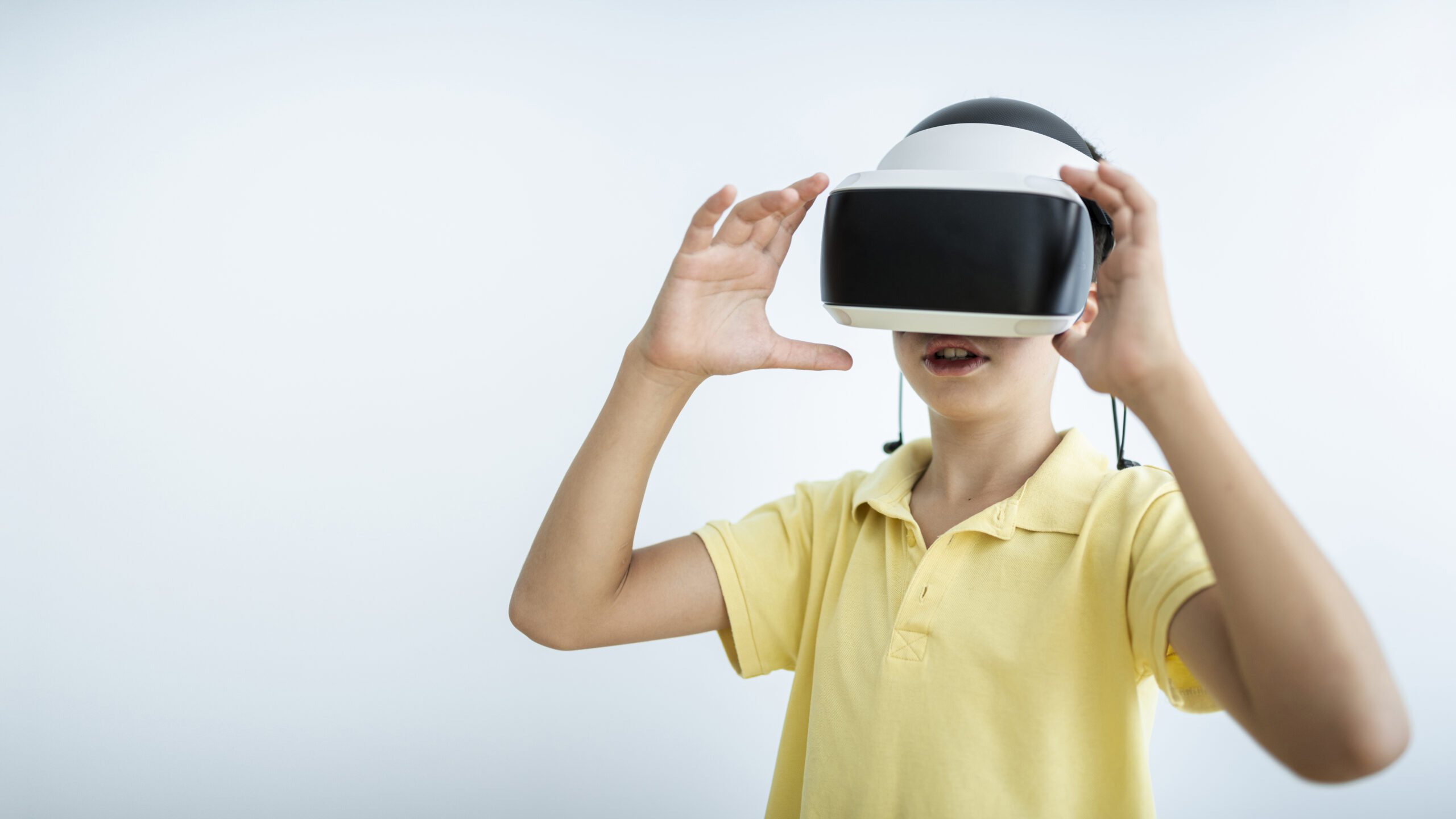
Innovative research from the UK suggests virtual reality (VR) games could significantly improve the speech comprehension abilities of deaf children.
A recent initiative called Bears (Both Ears) utilizes VR gaming to aid children equipped with dual cochlea implants in better localizing sounds, thereby enhancing their speech understanding. This method proves particularly vital for children profoundly deaf from birth, requiring substantial interventions to perceive sound.
The Challenge of Traditional Hearing Aids
Lorenzo Picinali, an audio engineer from Imperial College London involved in the project, highlighted that traditional hearing aids, which merely amplify sounds, do not suffice for these children.
Cochlea implants, on the other hand, convert air vibrations into electrical signals received by the brain as sound. However, these signals can often be perplexing and distort the intended sound, making it challenging for implant users to decipher conversations, especially in noisy environments.
Engaging the Senses Through Gaming
The VR games designed for this project are tailored to the specific challenges faced by these children. For example, one game places the player at a food stall in a virtual setting, where they must fulfill orders from animated characters. The game’s complexity increases as the orders come in rapidly from various directions amid escalating background noise. This setup not only aids the children in localizing sound but also in clarifying speech amidst disturbances.
“Our research has demonstrated a direct correlation between the ability to pinpoint sound locations and the clarity of speech in noisy settings,” Picinali explained. He added that multiple factors, including the physical attributes like head size or ear shape, can influence how sounds are perceived.
Further innovations at Imperial involve games where children engage in tasks like targeting sounds that diminish in volume or utilizing pitch variations to locate sound sources. Significantly, children with implants have actively participated in designing these games, ensuring the solutions are finely tuned to their needs.
Aiming for Wider Impact
The overarching goal of the Bears project, led by Debi Vickers at Cambridge University and Dan Jiang at Guy’s and St Thomas’ hospital, London, extends beyond individual improvements.
With the engagement of over 300 children through rigorous clinical trials coordinated by University College London, the initiative aims to refine auditory perception broadly among the UK’s approximately 50,000 deaf children.
Picinali emphasized the project’s dual benefit: aiding children in adjusting to cochlea implants and fundamentally enhancing auditory systems for a broader range of hearing-impaired children. “What we are doing is helping them remap their hearing systems,” he stated, suggesting that these technological interventions could fundamentally alter the auditory landscape for deaf children across the UK.
Katarina Poole, another team member from Imperial, pointed out the diverse causes of severe deafness in children, ranging from genetic factors to accidents and infections. “This could make a major difference for the lives of thousands of children,” she remarked.
Related News:
Featured Image courtesy of Freepik
